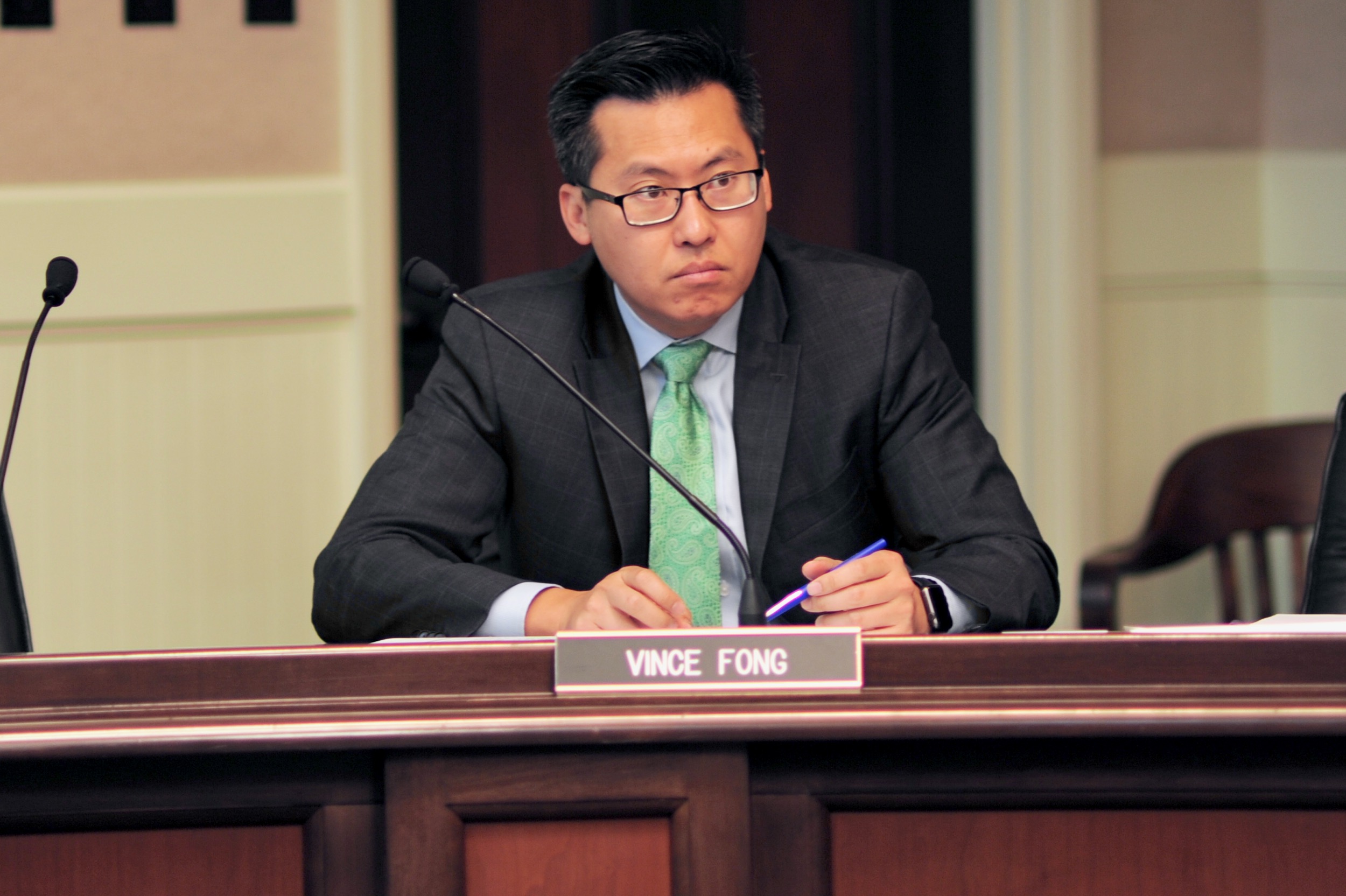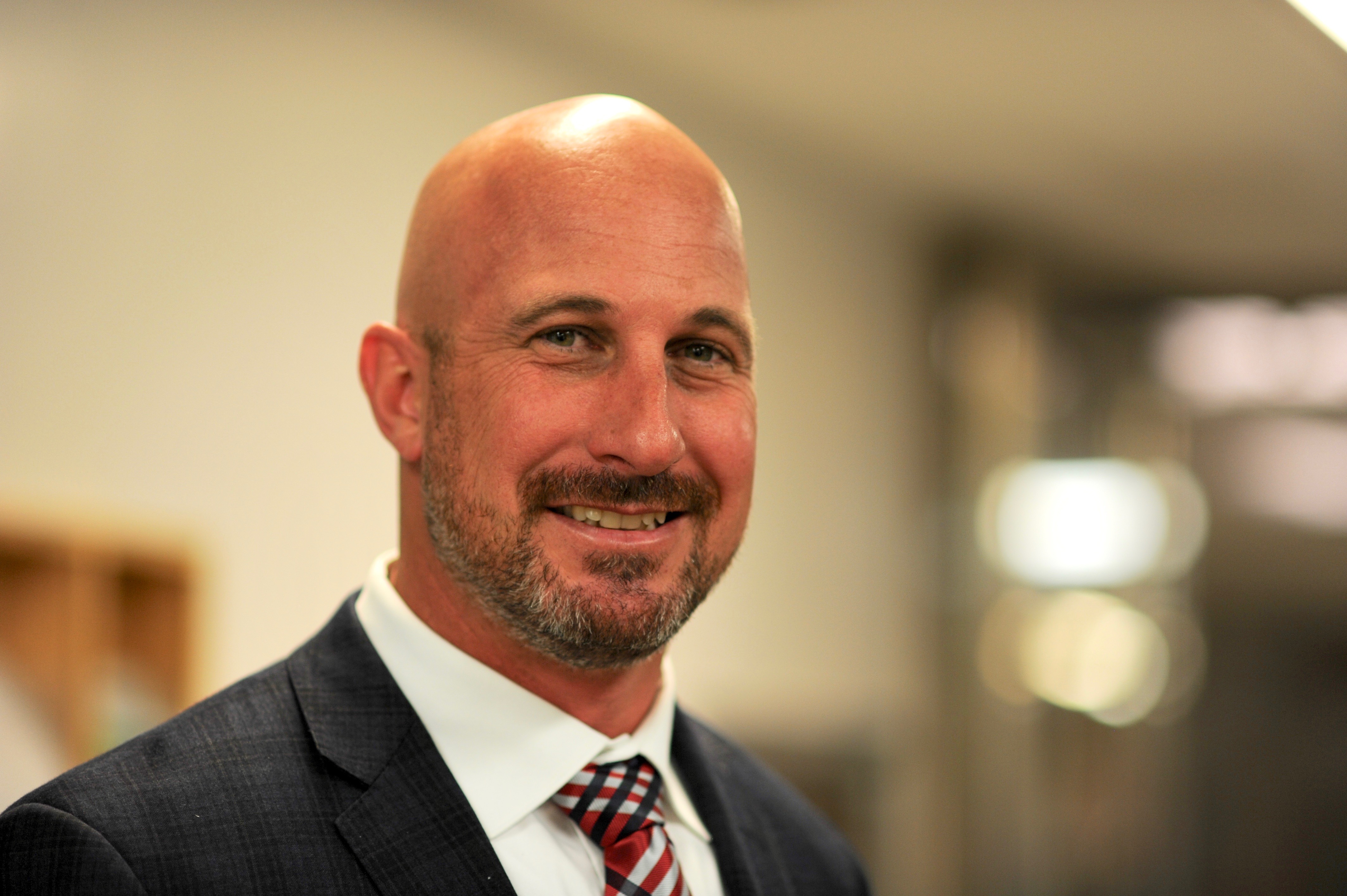
California hospitals. (Photo: hcai.ca.gov)
You Shouldn’t Need to be a Private Investigator to Determine Healthcare Prices
By hiding prices, hospitals can maximize their revenues by taking advantage of people who never would have paid them if known up-front
By Scott Ross, April 3, 2021 7:58 am
After the COVID-19 pandemic ends, the epidemic of high and hidden healthcare prices plaguing ordinary Americans will remain.
Though it rarely makes it to the top of the 24-hour news cycle, fixing the U.S. healthcare system, which is devouring the national economy and personal pocketbooks, is perhaps the biggest issue facing this country. Price transparency, which ends the ridiculous and inflationary status quo where patients don’t know what they’ll pay until weeks or months after care, can solve this healthcare crisis.
Like countless Americans, I’ve faced the consequences of being blinded to healthcare prices first-hand. Late last year, my wife developed a rash and serious pain. Her regular doctor was unavailable, so we went to the West Hills Hospital emergency room in LA County. The doctor there examined her for less than one minute, diagnosed her with shingles, and prescribed her three medications.
Weeks later, we received bills from the doctor and hospital totaling $1,800. Because we hadn’t met our insurance deductible, we were on the hook for the full amount. Eighteen hundred dollars for a one-minute visual examination and three prescriptions? Outrageous. Contrast this price to the $118 her regular doctor chargers per appointment, and the hospital seems guilty of scam-level price gouging.
If I had known that merely going through the hospital doors for a brief doctor examination would cost $1,800, I would have turned around and drove to my wife’s doctor’s office and sat in the parking lot until he arrived. By hiding these prices, hospitals can maximize their revenues by taking advantage of people who never would have paid them if known up-front.
I wasn’t prepared to give in to this over billing. I told the hospital administrator that I will never pay this bill. She replied that it will be sent to collections.
Like the Liam Neeson character in the movie Taken, I have a unique set of skills, honed over a long career to contend with situations like these. I am a seasoned private investigator who has worked on some high-profile criminal cases around the country over the last forty years. I know the many specific legal rights that consumers have in such circumstances.
I told the hospital administrator that under the Fair Credit Collection Practices Act, the hospital must indicate that the bill is disputed when sending it to the collections agency. I also informed her that the hospital may be violating the health privacy law known as HIPAA by sharing my wife’s health information — even basic details — with a third party. I welcome a lawsuit because it will attach subpoena power granting disclosure of hospitals’ secret pricing.
Yet it shouldn’t take a private investigator to figure out healthcare prices or defend from the associated over billing. Hospitals can disclose their prices, including for entry and services, like every other good or service provider in the economy.
When I take my vintage Corvette to the shop, they always tell me the price before making repairs. If the price is too high, I go somewhere else or keep driving. Same story when I take my dog to the vet. With price transparency, patients can enjoy financial certainty, consumer discretion, and the ability to shop for less expensive services at other hospitals nearby. These basic market dynamics can put tremendous downward pressure on healthcare prices.
A new U.S. Health and Human Service rule that took effect in January requires hospitals to post their real prices, which includes their cash and contracted negotiated rates. But hospitals have largely sidestepped this requirement, often publishing Excel lists that are hard to understand, don’t display all-in prices, and are mere estimates. For instance, West Hills Hospital claims, “we are not able to provide an exact pricing quote pre-service.”
Ultimately, it will take stricter enforcement of such pricing rules and widespread consumer demand of their pricing rights to cure the country of this healthcare plague.





No Joke. Thank you Scott Ross!
But Scott – you have to help pay for all the illegal immigrants that use West Hills’ E.R. as their primary care physician but don’t have health insurance because they’re not supposed to be here….
Maybe Eric Garcetti and Gavin Newsom or the CADEM can help pitch in to defray their policy decisions???
I had a similar billing situation develop from an emergency room visit a year ago… We’re still making payments and we have insurance…